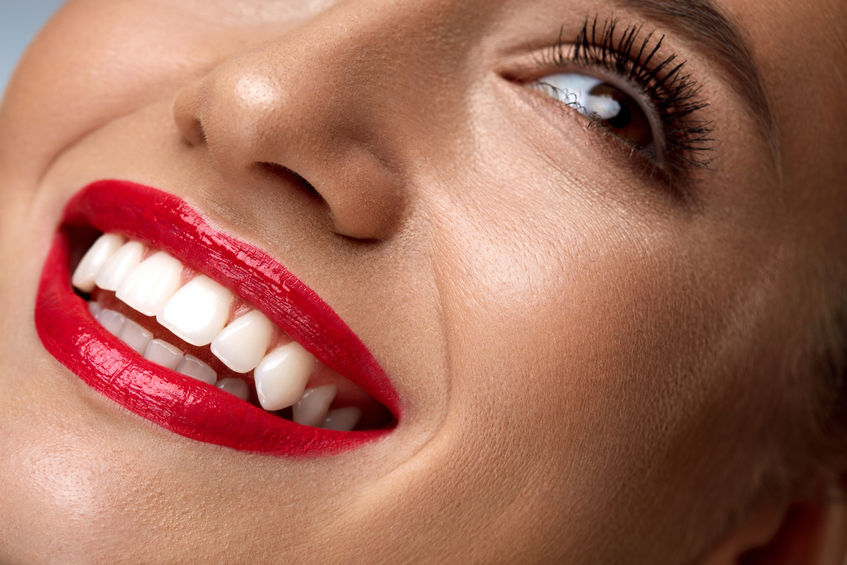Having white teeth is synonymous with a careful and flattering image. A beautiful smile transmits acceptance, security and confidence to others, which directly conditions the success of interpersonal relationships. This is why the concern for whiter teeth and good dental hygiene is becoming increasingly important. If you’re satisfied with your teeth, but their crooked check out this amazing webpage: www.smilemup.com. Invisible aligners help you get a healthy-looking smile. It’s awesome.
Below we will dispel some myths about tooth whiteness, but we will also give you tips and methods for getting whiter teeth quickly and easily.
Why do teeth darken over time?
Although the color of teeth darkens or becomes more yellowish over time, it varies depending on both environmental and genetic factors.
The type of dentition or the color of each person’s dentine is determined by genetic inheritance; the same goes for the thickness of the enamel.
The influence of genetics on tooth color
Dentine has a yellowish tone and it is the one that is in charge of bringing the color to the tooth, always mediated by the thickness and the quality of the enamel, which is transparent. The thickness of the dental enamel allows the dentine to be more or less visible, and as a consequence the tooth to be more or less white.
However, naturally white teeth do not exist but resemble an ivory shade of varying intensity. Although there is a growing obsession with white teeth, sometimes this color is not synonymous with good health.
Studies of tooth quality indicate that teeth with a slight yellow tone are healthier and stronger than white teeth. This is because, as mentioned above, white teeth can only be achieved by chemical treatments that change the color of the enamel or dentine.
Environmental factors that darken teeth
The natural shade of a denture is determined by genetics, and can be slightly different from one tooth to another – just as the color of our eyes is not exactly the same or the skin tone is not uniform.
However, factors such as excessive consumption of coffee or other drinks with high pigment content make the teeth acquire a dark color that is not aesthetically pleasing.
Smoking also seriously damages the health of the gums and the color of the enamel, as it is porous and absorbs chemicals such as nicotine that comes into direct contact with it.
Regular use of minocycline-containing antibiotics (e.g. those that treat acne) also influences the grey tone of the denture.
Excessive consumption of fluoride during the teething period, when baby teeth fall out and permanent teeth appear, can have detrimental effects on dental aesthetics. In this way, the appearance of internal white spots on the teeth is due to excess fluoride in childhood.




